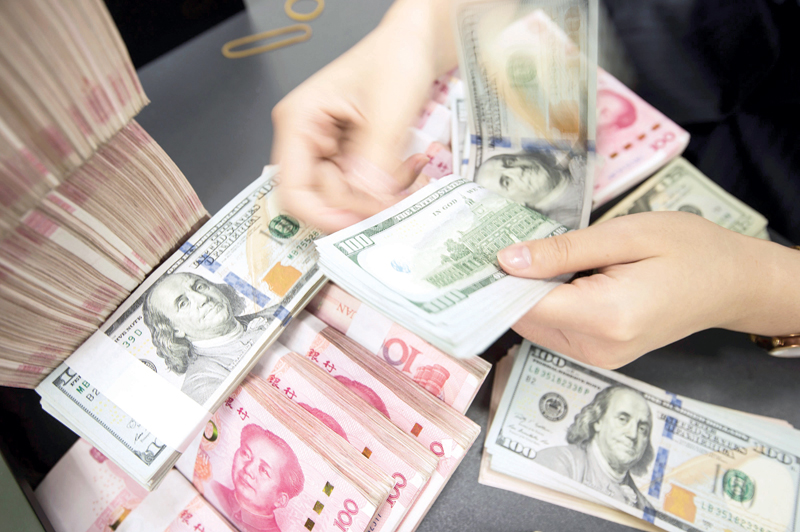

China’s economic slowdown has reached a worrisome phase. Growth slipped to 6 per cent in the third quarter and Beijing officials are talking down prospects. Some historical comparisons suggest the rate is getting too small for the country’s stage of development.
Premier Li Keqiang said last month that it will be “very difficult” for China’s output to keep expanding by at least 6 per cent. The remark can easily be interpreted as a signal to expect disappointing results. It also comes as some economists start forecasting a slip below that level later this year.
Some degree of so-called structural slowdown is natural. All developing economies run out of rich-world ideas to copy as they approach US income levels. China’s growth rate will decline to 4 per cent by 2030, and then drop to 2.8 per cent by 2040, according to Oxford Economics.
The People’s Republic is decelerating more quickly than might be expected, though. It is still relatively poor, at only around 30 per cent of American GDP per capita adjusted for purchasing power, based on International Monetary Fund data.
After Japan hit a slightly lower milestone — roughly a quarter of US income levels — it kept expanding at more than 9 per cent annually on average for another two decades, notes Nicholas Lardy of the Peterson Institute for International Economics.
South Korea achieved an average 7.7 per cent clip over the same stretch, while Taiwan and Singapore managed 8.4 per cent and 8.7 per cent, respectively.
Even recently, economists expected much more. In its five-year forecasts starting about a decade ago, the IMF estimated China would grow on average at 9 per cent between 2015 and 2018. The actual figure was under 7 per cent.
At $14 trillion, China’s economy has, of course, already surged past its Asian peers.
The trade war with the United States and sluggishness around the world also are contributing factors. Amid the cut-and-thrust daily fights over stimulus, however, policymakers could be losing sight that growth potential is prematurely falling because of their own bad decisions.
If expansion slows to 4 per cent to 5 per cent, the anticipated “convergence” with American income levels might effectively stall, argues Yukon Huang from the Carnegie Endowment for International Peace.
The danger is that Beijing accepts a new normal instead of making tough choices about opening the economy. — Reuters
Oman Observer is now on the WhatsApp channel. Click here



